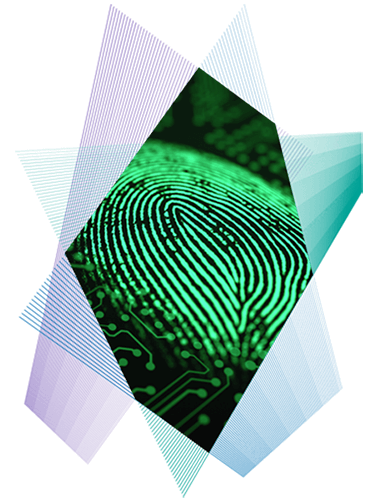Quantum Sensing
Smart, precise and portable atomic sensors for magnetic resonance diagnostics.
Coordinator
John Calsamiglia
Description
Quantum sensors exploit the quantum nature of light and matter to measure, as precisely as possible, physical quantities such as frequency, acceleration, electric and magnetic fields, or temperature. To achieve this, they take advantage of the main “weakness” of quantum systems, a weakness that for other quantum technologies, such as computing, presents itself as a major obstacle: its great sensitivity to external disturbances. Just as in the case of semiconductors, where sensors were among the first commercial applications (ahead of computers in terms of innovación), quantum sensors already have a role in industry, for example the atomic clocks that form the basis of the GPS system, and atomic magnetometers used in the search for new mineral deposits. This project is based on one of the most promising implementations of quantum sensors: atomic sensors.
Objectives
Our objective is to develop appropriate estimation techniques for a very diverse series of applications, with a special emphasis on those related to magnetometry, since many emerging applications are occuring in the field of non-invasive diagnosis. Their performance and sensitivity are comparable to other current techniques, eg superconducting magnetometers (SQUIDs), and they also have additional advantages, such as their small size, low production and operating costs, their portability to facilitate applications outside the laboratory, and great versatility in the implementation of recent quantum metrology techniques, which greatly increases the margin for improvement in performance and sensitivity.
